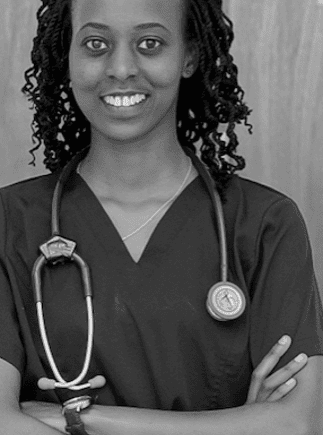Buy One Gift One Winners Announced: Birthing simulators to be distributed to academic institutions in 13 countries


A total of 897 birthing simulators, which support healthcare workers to better manage the leading causes of maternal and newborn deaths, have been awarded to 56 educational institutions from 13 countries across Africa as part of a partnership campaign with the University of Global Health Equity (UGHE).
In early 2025, in partnership, UGHE and Laerdal Global Health (LGH) called for applications to receive MamaBirthie and/or MamaNatalie simulators. The aim was to encourage academic institutions to strengthen capacity and resources for simulation-based programs, supporting more opportunities for hands-on learning for students.
Reducing maternal and neonatal mortality requires strengthening pre-service education through hands-on, simulation-based learning. Equipping African academic institutions with realistic simulators will enable future doctors, nurses, and midwives to practice life-saving skills and safely rehearse decision-making, teamwork, and technical skills, ensuring they are ready to deliver the care patients need and deserve.
The donation of these simulators was made possible by the Laerdal Buy One Gift One program. For every birthing simulator purchased for use in a high-income country, one is donated for use in a country with a high burden of maternal and newborn mortality.
We know that when effectively embedded into programs and carried out regularly, simulation-based education can directly translate to better health outcomes for patients. In the coming months, almost 900 simulators will reach the successful institutions, providing their trainees with improved training opportunities. In turn, and as a result of this initiative, the care for women and newborns across countries who struggle with a high burden of maternal and newborn deaths will improve.
It is expected these simulators will reach the academic institutions by late 2025. Follow our social media channels where we will share stories of the impact of this initiative.